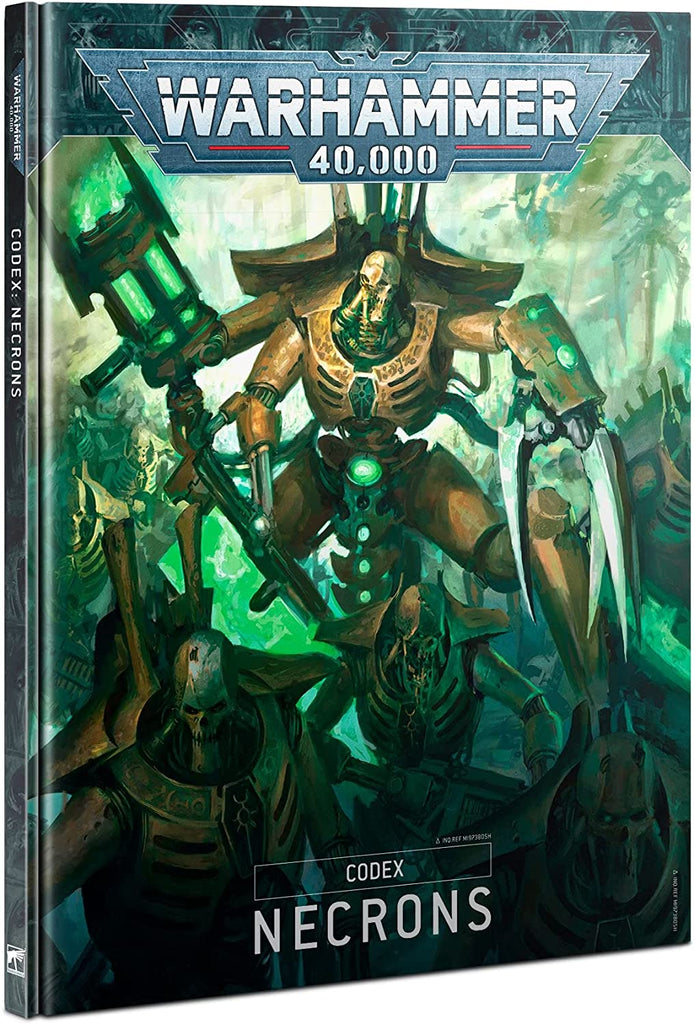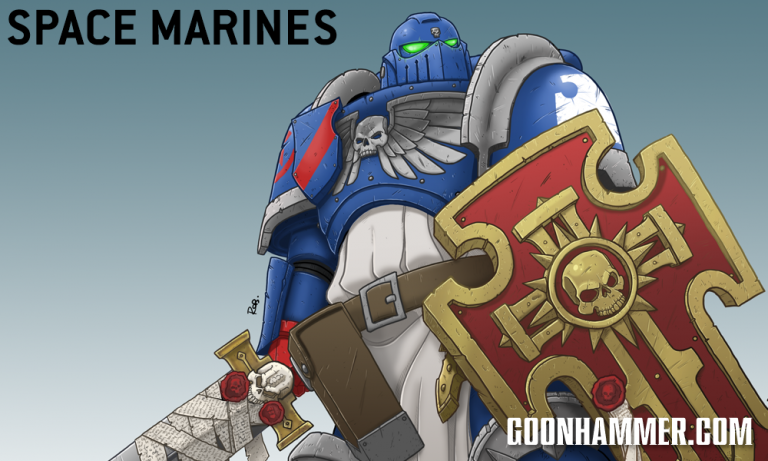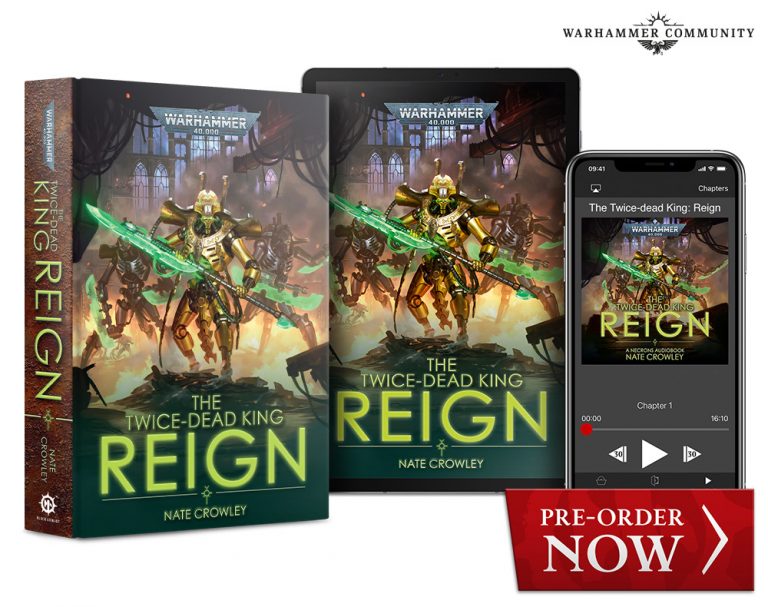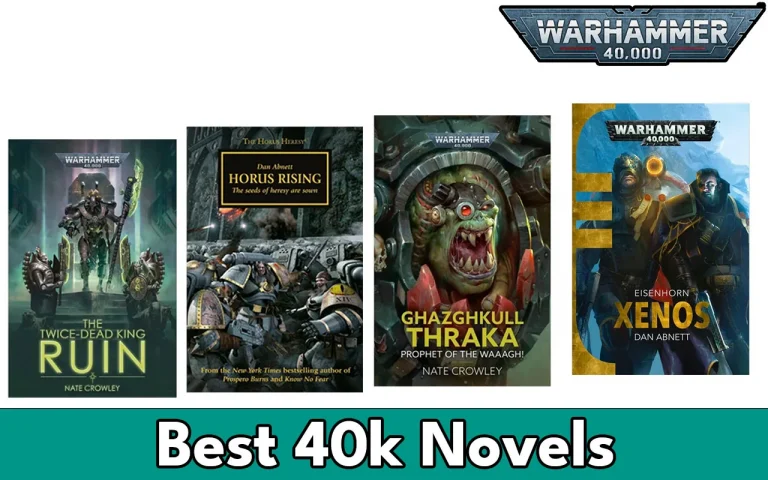Why Did Warhammer Online Fail?
When it comes to the world of online gaming, there are some titles that thrive and become cult classics, while others unfortunately fall by the wayside. In the case of Warhammer Online, one might wonder: why did it fail? This article will delve into the reasons behind the demise of this highly anticipated MMORPG, shedding light on the factors that contributed to its downfall and ultimately led to its failure.
The world of Warhammer Online was filled with promise and excitement. With its immersive fantasy setting, rich lore, and intense PvP battles, it seemed like a game that had all the ingredients for success. However, despite its initial hype and fanfare, Warhammer Online failed to live up to expectations. So, what went wrong?
One of the main reasons for Warhammer Online’s failure was its inability to compete with the behemoth that is World of Warcraft. Blizzard’s MMO juggernaut had already established itself as the king of the genre, and many players were hesitant to abandon the familiar and well-established world of Azeroth for the uncharted territory of the Warhammer universe. Additionally, Warhammer Online’s launch was plagued with technical issues, server instability, and a lack of endgame content, which further alienated players and led to a mass exodus from the game. In the end, the combination of fierce competition and a flawed launch proved to be too much for Warhammer Online to overcome, sealing its fate as a failed MMO experiment.
In conclusion, Warhammer Online’s failure can be attributed to a variety of factors, including fierce competition from World of Warcraft, technical issues at launch, and a lack of engaging endgame content. While it may not have achieved the success it initially set out for, the game still holds a special place in the hearts of those who did venture into its world. Despite its shortcomings, Warhammer Online will forever be remembered as a valiant attempt to bring the beloved tabletop game to life in the realm of online gaming.
Warhammer Online, a massively multiplayer online role-playing game (MMORPG), faced several challenges that led to its failure. The game suffered from technical issues and bugs, which resulted in a poor player experience. Additionally, the competition from other popular MMORPGs at the time, such as World of Warcraft, made it difficult for Warhammer Online to attract and retain a large player base. Furthermore, the game’s subscription model and lack of significant updates and content expansions also contributed to its downfall.
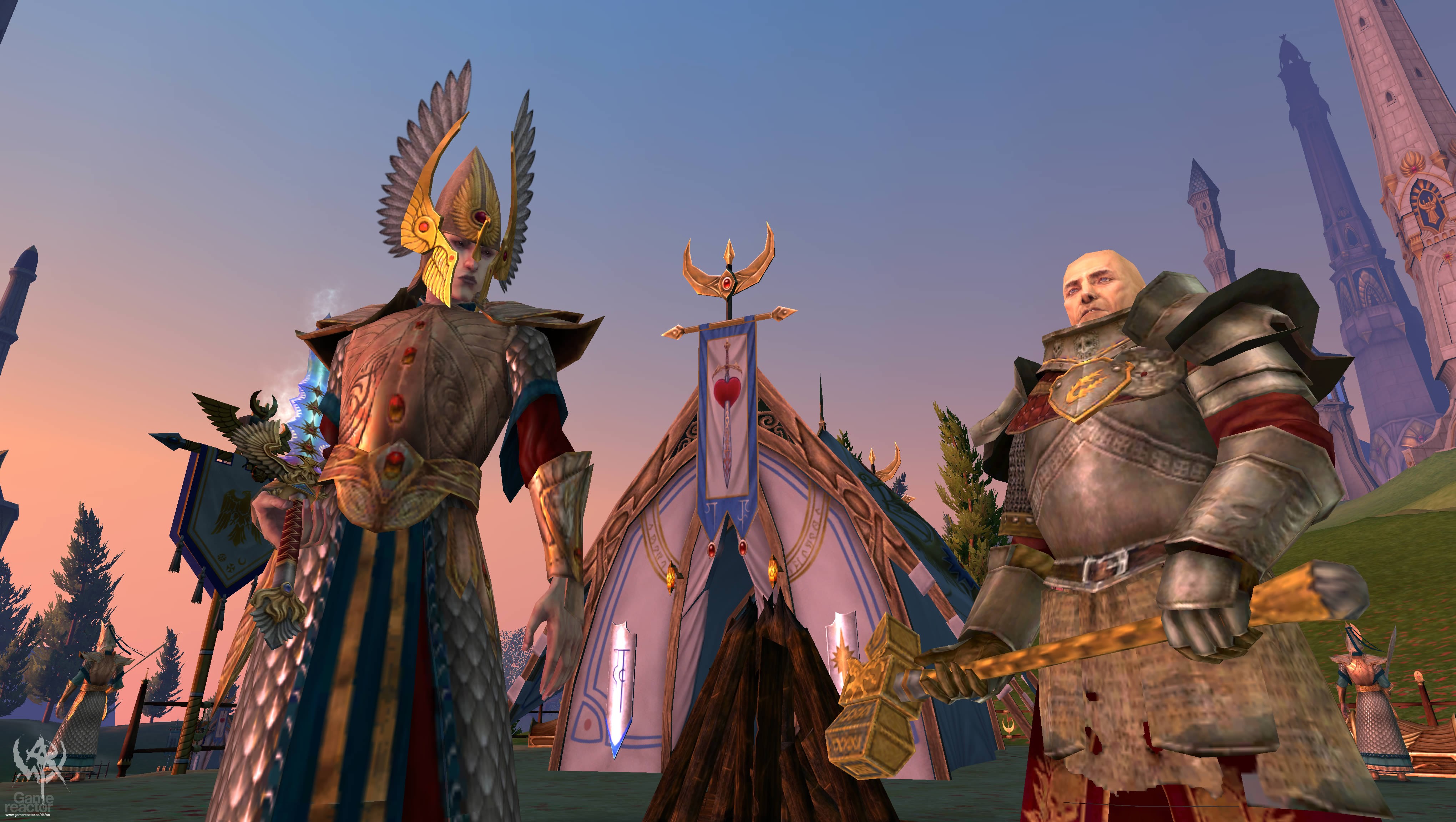
**Why Did Warhammer Online Fail?**
Warhammer Online: Age of Reckoning was a highly anticipated massively multiplayer online role-playing game (MMORPG) that was released in 2008. Developed by Mythic Entertainment, the game aimed to bring the rich fantasy world of Warhammer to life in an immersive online experience. Despite the initial excitement and hype surrounding the game, it ultimately failed to live up to expectations and shut down in 2013. In this article, we will explore the reasons behind Warhammer Online’s failure and examine the factors that contributed to its downfall.
**1. Lack of Innovation and Differentiation**
One of the main reasons why Warhammer Online failed was its inability to stand out in a crowded MMORPG market. At the time of its release, the genre was dominated by popular titles such as World of Warcraft and EverQuest. While Warhammer Online attempted to differentiate itself by offering a unique PvP (player versus player) system called Realm vs. Realm, it failed to deliver a truly innovative gameplay experience that could rival its competitors. Players ultimately found the game mechanics to be too similar to existing MMORPGs, leading to a lack of long-term player engagement.
**2. Technical and Performance Issues**
Another major factor that contributed to Warhammer Online’s failure was the presence of numerous technical and performance issues. The game suffered from frequent server crashes, lag, and a lack of server stability, which negatively impacted the overall gameplay experience. These issues not only frustrated players but also hindered the game’s ability to attract and retain a dedicated player base. Despite efforts to address these problems through patches and updates, the damage had already been done, and many players had already moved on to other MMORPGs.
**3. Lack of Endgame Content and Depth**
One of the crucial aspects that determine the success of an MMORPG is the availability of engaging endgame content. Unfortunately, Warhammer Online struggled in this aspect, offering limited options for players once they reached the maximum level. The game lacked meaningful and diverse endgame activities, such as challenging raids, high-level dungeons, and compelling storylines. This lack of content left players with little incentive to continue playing after reaching the level cap, leading to a decline in player retention.
**4. Poor Marketing and Communication**
Effective marketing and communication are vital for the success of any product, including MMORPGs. However, Warhammer Online failed to effectively promote and communicate its unique selling points to the gaming community. The game’s marketing efforts were overshadowed by the dominance of World of Warcraft, which made it challenging for Warhammer Online to gain significant traction. Additionally, the developers’ communication with the player base was perceived as lacking, with limited updates and transparency regarding the game’s development and future plans.
**5. Inability to Adapt to Changing Market Trends**
The MMORPG market is constantly evolving, and successful games must be able to adapt to changing player preferences and market trends. Unfortunately, Warhammer Online struggled to keep up with these changes. The game failed to introduce significant updates and expansions that would have revitalized the player base and addressed the issues that led to its initial decline. As a result, it became increasingly difficult for Warhammer Online to compete with other MMORPGs that were continuously evolving and offering fresh content and experiences.
In conclusion, Warhammer Online’s failure can be attributed to a combination of factors, including a lack of innovation, technical and performance issues, a dearth of endgame content, poor marketing and communication, and an inability to adapt to changing market trends. While the game had its strengths, such as its unique PvP system, these were not enough to overcome its shortcomings and establish it as a leading MMORPG. Ultimately, Warhammer Online serves as a cautionary tale for developers in the gaming industry, highlighting the importance of delivering a polished and differentiated product that meets the evolving needs and expectations of players.
Key Takeaways: Why did Warhammer online fail?
- The game faced technical issues and frequent server crashes, leading to a poor user experience.
- Warhammer online failed to differentiate itself from other popular MMO games, lacking unique features and gameplay.
- The game’s initial hype and marketing campaign did not translate into long-term player retention.
- Lack of effective communication and updates from the game developers left players feeling disconnected and unsupported.
- The game’s subscription-based model was seen as a barrier to entry for many players, especially with the rise of free-to-play alternatives.
Frequently Asked Questions
Warhammer Online was a highly anticipated MMORPG that unfortunately did not meet expectations. Many players and fans of the Warhammer franchise were left wondering why the game failed. In this article, we will explore the reasons behind Warhammer Online’s failure and shed light on the factors that contributed to its downfall.
1. What were the main reasons for Warhammer Online’s failure?
The failure of Warhammer Online can be attributed to several key factors. One of the main reasons was the fierce competition from other popular MMORPGs such as World of Warcraft. Warhammer Online struggled to attract and retain players in the face of such strong competition. Additionally, the game had a number of technical issues and bugs that plagued the gameplay experience, leading to frustration and dissatisfaction among players. Poor marketing and limited content updates also played a role in the game’s failure.
2. How did the competition impact Warhammer Online’s success?
The competition was a significant factor in the failure of Warhammer Online. World of Warcraft, the reigning king of the MMORPG genre, had already built a massive player base and offered a polished gameplay experience. Warhammer Online faced an uphill battle in trying to attract players away from World of Warcraft and other established titles. Despite its unique setting and lore, the game struggled to stand out in a crowded market, leading to a decline in player numbers and ultimately contributing to its failure.
3. What role did technical issues and bugs play in the game’s downfall?
Technical issues and bugs were a major contributing factor to Warhammer Online’s failure. The game was plagued with various problems, including server instability, frequent crashes, and unbalanced gameplay mechanics. These issues not only disrupted the gameplay experience but also eroded player confidence in the game’s developers. A lack of timely and effective fixes worsened the situation, causing frustration and driving players away from the game.
4. How did poor marketing impact Warhammer Online?
Warhammer Online suffered from poor marketing, which significantly impacted its success. The game failed to generate enough buzz and awareness among potential players, especially outside of the existing Warhammer fanbase. Insufficient marketing efforts meant that many players were simply unaware of the game’s existence or its unique features. This lack of exposure and promotion hindered the game’s ability to attract a large player base and ultimately contributed to its failure.
5. Did limited content updates play a role in the game’s downfall?
Limited content updates certainly played a role in the failure of Warhammer Online. The game lacked regular and substantial updates to keep players engaged and excited about the game. This led to a lack of new content and features, causing the gameplay experience to become stale over time. Without fresh and engaging content, players gradually lost interest and sought out other games that offered more frequent updates and a greater sense of progression. The lack of ongoing development and improvement ultimately contributed to the game’s downfall.
Death of a Game: Warhammer Online
Final Summary: The Demise of Warhammer Online
Warhammer Online, once hailed as a potential rival to the mighty World of Warcraft, ultimately met its untimely demise. So, what led to the downfall of this highly anticipated MMORPG? Let’s delve into the reasons behind Warhammer Online’s failure and its valuable lessons for the gaming industry.
One of the main factors that contributed to Warhammer Online’s downfall was its lack of innovation. While the game had its strengths, it failed to bring a fresh and exciting experience to the table. Players were craving something new and groundbreaking, but Warhammer Online failed to deliver on that front. As a result, it struggled to retain its player base and failed to make a lasting impact in the competitive gaming market.
Another critical aspect that led to the game’s demise was poor execution. Despite having a rich lore and a dedicated fan base, Warhammer Online fell short in terms of technical issues, bugs, and imbalanced gameplay. These flaws greatly affected the overall player experience and resulted in frustration and disappointment. In a world where gamers have countless options, these shortcomings proved fatal for Warhammer Online’s success.
In conclusion, the failure of Warhammer Online can be attributed to its lack of innovation and poor execution. The gaming industry is a highly competitive landscape, and players are constantly seeking new and exciting experiences. By learning from the mistakes of Warhammer Online, developers can strive to create games that captivate audiences with their innovation, technical prowess, and an unforgettable player experience. It’s essential to understand the ever-evolving needs and desires of gamers to create a thriving and successful game that stands the test of time.

